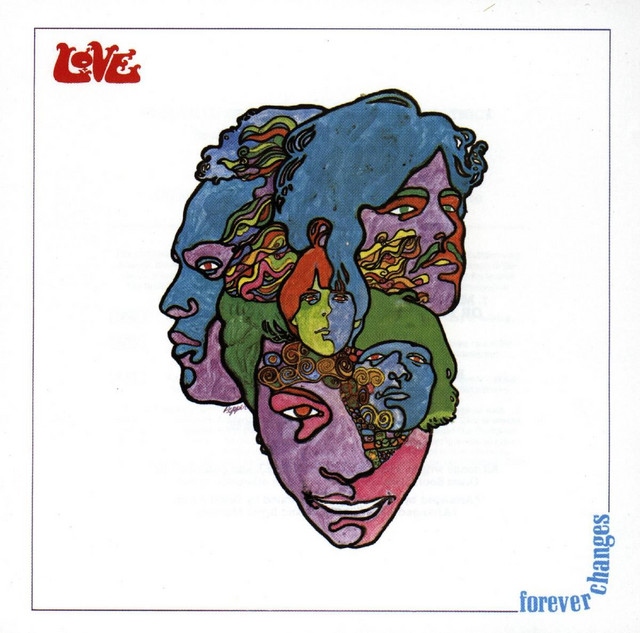Forever Changes, the 1967 masterpiece from Los Angeles band Love, barely made a dent on the charts when it was first released, but decades later, it’s widely considered one of the greatest albums ever recorded. A swirling mix of folk, baroque pop, and psychedelia, Forever Changes is both hauntingly beautiful and deeply unsettling, capturing the disillusionment of the late ‘60s in ways few other records could. But for all its legendary status, there are still stories hidden within its grooves.
1. The Wrecking Crew Nearly Replaced the Whole Band
Arthur Lee had a vision for Forever Changes, but his band wasn’t delivering. Frustrated with their lack of preparation, producer Bruce Botnick pulled in members of The Wrecking Crew—legendary session musicians who played on everything from The Beach Boys to Frank Sinatra—to record “Andmoreagain” and “The Daily Planet.” When the actual members of Love heard the finished tracks, they snapped into shape, realizing they might be left out of their own album. From that point on, the band tightened up and recorded the rest of the album themselves, but those two songs remain a testament to The Wrecking Crew’s quiet influence.
2. Neil Young Was Supposed to Co-Produce the Album
Arthur Lee wanted Forever Changes to be something completely unique, and he originally enlisted Neil Young to help make that happen. Fresh off Buffalo Springfield Again, Young was tapped to co-produce the album, but before sessions even began, he backed out to focus on his solo career. While Young later denied having any real involvement, some reports claim he arranged the track “The Daily Planet.” Either way, one can only imagine how Forever Changes might have sounded with Young behind the boards.
3. The Album Title Came from a Breakup
The phrase Forever Changes sounds poetic, philosophical, and grand—but its origin is surprisingly mundane. Arthur Lee had a friend who had just broken up with his girlfriend. When she protested, saying, “You said you’d love me forever!” the friend simply shrugged and replied, “Well, forever changes.” Lee was struck by the offhand profundity of that line and decided it would be the perfect title for his band’s magnum opus. It’s a reminder that even the most poetic truths sometimes come from everyday moments.
4. “Alone Again Or” Almost Didn’t Feature Bryan MacLean’s Vocals
Bryan MacLean, Love’s second songwriter, wrote Forever Changes’ opening track, “Alone Again Or,” and originally sang lead. But Arthur Lee, always the dominant force in the band, thought MacLean’s vocals were too weak. Lee remixed the track to bring his own unison vocals to the forefront, burying MacLean’s performance in the background. It was a move that fueled tensions between the two songwriters, and within a year, MacLean was out of the band. Despite the behind-the-scenes friction, the song became Love’s most enduring hit, covered by everyone from The Damned to Calexico.
5. The “Red Telephone” Wasn’t Really Red—Or a Telephone
“The Red Telephone” is one of the most haunting tracks on Forever Changes, full of eerie lyrics and ominous instrumentation. According to legend, Love’s communal house in Los Angeles had a mysterious red telephone that inspired the song. In reality, there was no red phone, and the lyrics had little to do with the supposed object. Instead, the song is a dark meditation on paranoia, mortality, and social unrest, ending with Lee’s chilling spoken outro: “All of God’s children gotta have their freedom.” It was Forever Changes in a nutshell—beautiful, mysterious, and a little bit terrifying.
For an album that was largely ignored upon release, Forever Changes has had an incredible afterlife. It has influenced everyone from The Stone Roses to Radiohead, and it continues to mystify and captivate listeners more than 50 years later. Whether it was the orchestral arrangements, the surreal lyrics, or the studio drama behind the scenes, Forever Changes remains one of rock’s greatest puzzles—one that, no matter how many times you listen, forever changes with each spin.







